The following guest post, from Rickesh Lakhani, Director, Campaign for United Way York Region. was originally published in 2012 on PamelasGrantwritingBlog.
During the second round of a direct mail campaign, we received a second annual donation from a long-time, loyal supporter. She is an elderly lady, on a fixed income, and contributed a single donation of the same amount every year for a number of years. When an additional cheque for the exact same amount came in, something didn’t feel right.
In situations like that, following your gut is so important. It at least warrants asking a few questions. While 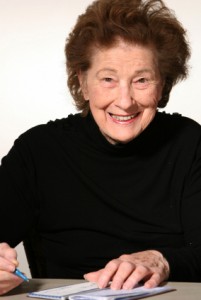 we would have been very appreciative of the additional support, knowing her history and her situation, we thought we should follow up with her during our thank you call to clarify her intentions, and before cashing the cheque. (Sidenote: We make an effort to personally call as many of our donors as possible, to say thanks and nothing else – I love making these calls!)
we would have been very appreciative of the additional support, knowing her history and her situation, we thought we should follow up with her during our thank you call to clarify her intentions, and before cashing the cheque. (Sidenote: We make an effort to personally call as many of our donors as possible, to say thanks and nothing else – I love making these calls!)
We ended up speaking to her son who said that indeed she must have forgotten about her first donation, and when she saw the additional mailing, she happily wrote another cheque for her favourite cause.
To us, it was clear that our donor did not intend to provide a second donation. We insisted that we would return the cheque given the situation. Her son was taken aback by this gesture – imagine a charity turning down a donation! He insisted that we keep the second donation, and that he would personally provide the funds for it, so as not to throw off his mom’s finances. He felt that if an organization cared this much about their supporters, then they deserved the donation.
We didn’t offer to return the cheque so that we would impress the donor’s family in the hope that the donation would stay with us. In fact, we “risked losing the second gift” by following up (although it was never really ours in the first place). If that was really our view, treating the donation as a boost to revenue, instead of as a gesture of generosity from a friend, it would have just been easier to cash the cheque, no questions asked. We did all of the follow-up because it’s the right thing to do.
In any meaningful and fulfilling relationship, everyone in the relationship has to act in the genuine interest of others. The donors have already done this, just by saying “I believe in you and support you enough to give you a donation” – we can never forget that charitable giving is a choice. Donations could easily be used as a mortgage payment, to buy a new pair of shoes or for a night on the town. So from the charity’s end, our duty is to show appreciation and show the impact of support towards achieving our mission.
It also goes beyond that – it means ensuring you look out for those that are close to you. Think of your donors as friends – ask yourself how you would treat a friend in any situation.
- Would you call them to say thanks for something kind they did?
- Would you share with them the impact that their support and actions have on your life?
- Would you let them know if you saw something that wasn’t quite right and that would affect them negatively?
I hope your answer to all these questions is yes! Then you should be doing that for your donors as well. With every action, don’t do it because you are expecting more donations in return (although if you are responsive, authentic, passionate and show integrity, that’s very likely what will happen) – you do it simply because it’s the right thing to do. It’s what your supporters deserve. Period!
Rickesh is a firm believer that we are all responsible for each other’s success, whether in fundraising or living life in general. In his current role as Director,  Campaign at United Way York Region, he oversees an amazing team of passionate staff and volunteers that lead an $8M annual campaign, creating huge impact on building community social services infrastructure. Rickesh is a long-term volunteer with different organizations, and an advocate that we can all give back some of our time. When he’s not fundraising or volunteering, you can find him enjoying his family, playing the drums, bike riding, camping or Tweeting as @ConstantChanges.
Campaign at United Way York Region, he oversees an amazing team of passionate staff and volunteers that lead an $8M annual campaign, creating huge impact on building community social services infrastructure. Rickesh is a long-term volunteer with different organizations, and an advocate that we can all give back some of our time. When he’s not fundraising or volunteering, you can find him enjoying his family, playing the drums, bike riding, camping or Tweeting as @ConstantChanges.
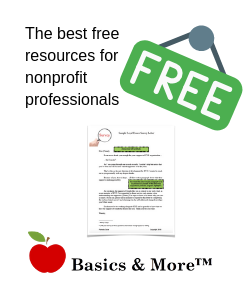
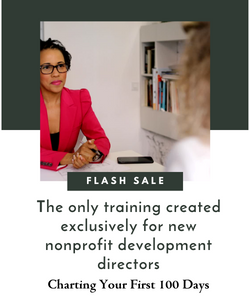
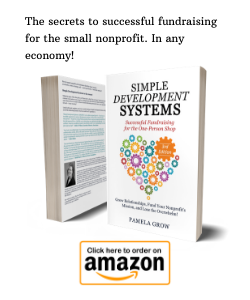
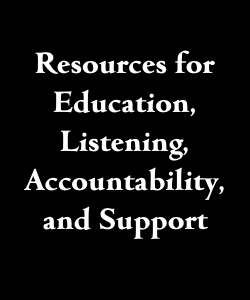
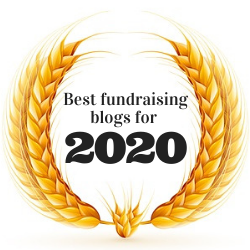

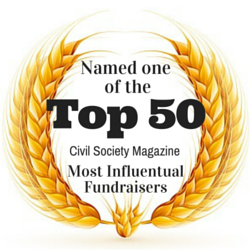
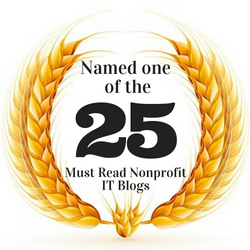




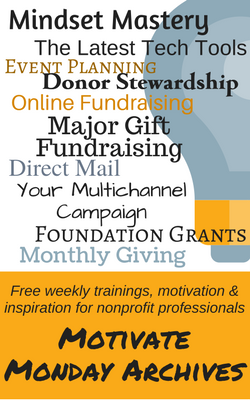

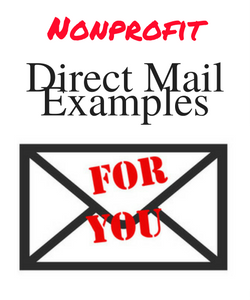
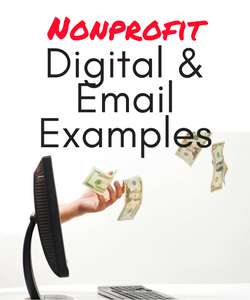

 I can’t wait to meet with you personally.
I can’t wait to meet with you personally.
Comments on this entry are closed.